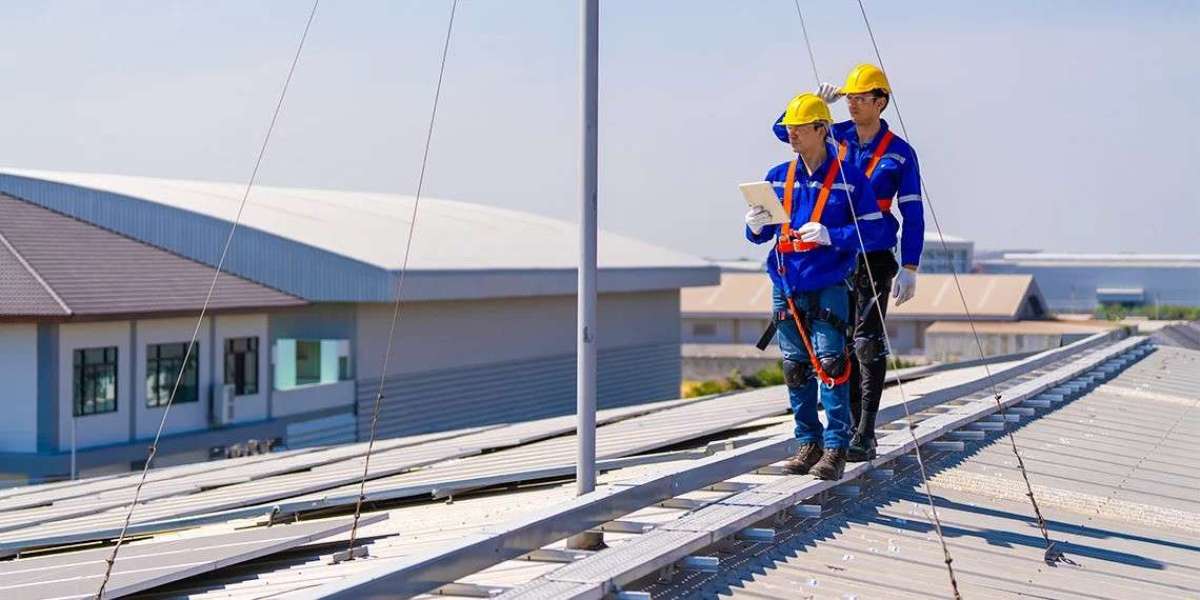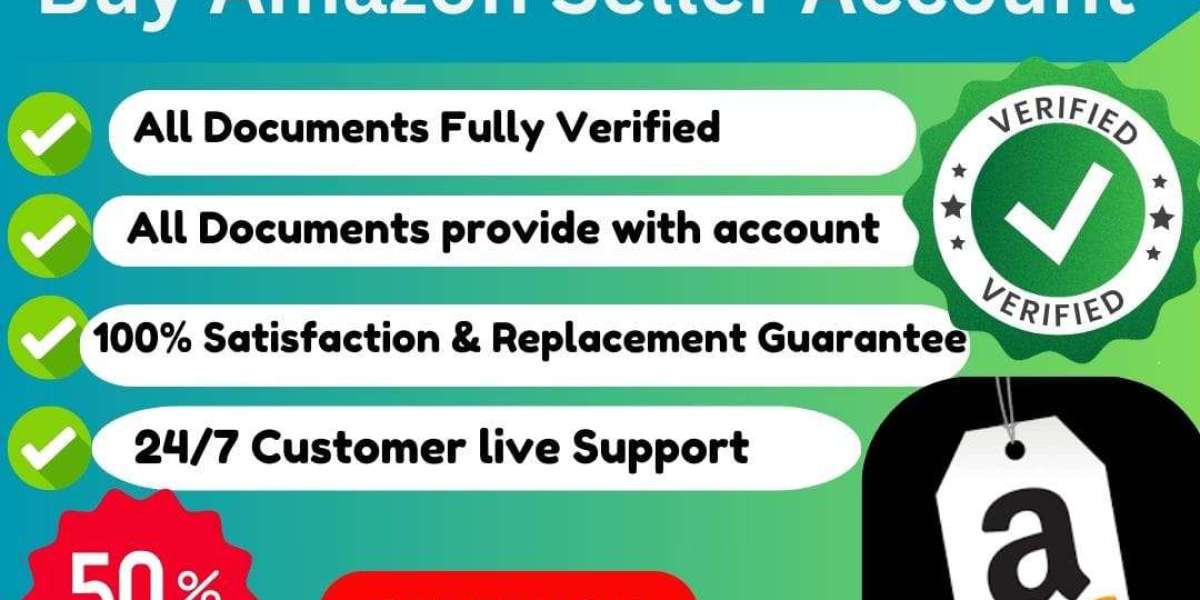When it comes to evaluating the condition of your roof, two terms often surface: roof survey and roof inspection. While they sound similar and are sometimes used interchangeably, these are distinct processes with different scopes, purposes, and outcomes. Understanding the difference between a roof survey and a roof inspection is crucial for homeowners, property managers, and buyers looking to maintain, assess, or improve a building’s roof structure.
Roof Survey vs. Roof Inspection: At a Glance
| Feature | Roof Survey | Roof Inspection |
|---|---|---|
| Scope | Comprehensive, detailed assessment | Basic condition check |
| Performed by | Professional roof surveyor, sometimes an engineer | Roofing contractor, home inspector |
| Purpose | Long-term planning, structural analysis, documentation | Quick overview, condition report |
| Use Cases | Valuations, renovations, insurance, due diligence | Real estate sales, routine maintenance |
| Includes Structural Check | Yes | Sometimes |
| Includes Report | Yes (with photos, diagrams, lifespan estimates) | Yes (usually a checklist or summary) |
| Cost Range | $300–$1,000+ depending on depth | $100–$400 |
What Is a Roof Inspection?
A roof inspection is a general evaluation of a roof’s surface condition, carried out to identify any immediate issues that could lead to damage. This includes looking for:
Missing or cracked shingles
Clogged or damaged gutters
Signs of moss, algae, or mold
Loose flashing
Water damage or leaks
Roof inspections are typically visual and conducted from the ground or roof surface. Some inspectors use binoculars or drones for hard-to-reach areas. Most roof inspections are part of a broader home inspection, particularly during a real estate transaction.
Purpose of a Roof Inspection:
Identify visible damage or wear
Check for immediate repair needs
Help homeowners plan maintenance
Provide documentation for buyers or sellers
Performed by:
Roofing contractors, general home inspectors, or maintenance professionals.
Duration:
Usually takes 30 minutes to 1 hour, depending on roof size and accessibility.
Limitations:
Roof inspections do not usually involve a structural analysis or in-depth evaluation of underlying components such as decking, insulation, or ventilation systems.
What Is a Roof Survey?
A roof survey is a more thorough, diagnostic, and data-driven analysis of a roofing system, often carried out by a qualified roof surveyor or structural engineer. It covers all the aspects of a roof inspection—but goes deeper into technical details, such as:
Load-bearing capability
Moisture penetration (using thermal imaging or probes)
Insulation condition and energy efficiency
Drainage performance
Roof covering condition and life expectancy
Detailed measurements, photos, and diagrams
Compliance with building codes and roofing standards
Roof surveys often include drone imaging, core sampling, and infrared scanning, depending on the building type and the purpose of the report.
Purpose of a Roof Survey:
Create a full roof condition report
Support property valuations or refinancing
Prepare for solar panel installation or rooftop equipment
Support insurance claims or policy underwriting
Plan roof replacement or renovations
Performed by:
Certified roof surveyors, engineers, or specialized roofing consultants.
Duration:
Takes 1 to 4 hours or more, depending on the size, complexity, and tools used.
Result:
Detailed written report with condition grading, problem areas, repair recommendations, cost estimates, and future maintenance schedules.
The Role of a Roof Surveyor
A roof surveyor is a specialized professional trained to perform comprehensive assessments of roofing systems. Their expertise includes:
Structural integrity analysis
Moisture intrusion testing
Drainage and slope evaluation
Material performance tracking
Documentation for insurance, legal, or regulatory compliance
Hiring a certified roof surveyor ensures objective, expert analysis of your roof’s current state, potential risks, and maintenance requirements.
Qualifications of a roof surveyor may include:
Construction or engineering background
Roofing certifications (e.g., NRCA, RICS in the UK)
Experience in drone or infrared imaging
Compliance knowledge with local building codes
When to Choose a Roof Inspection
You should opt for a roof inspection when:
Buying or selling a home
Performing routine annual maintenance
After minor weather events
If your home is under 10 years old and showing no major symptoms
In these cases, a quick visual check can confirm whether your roof is in decent shape or needs minor repairs.
Example Use Cases:
A real estate agent requests a quick roof condition overview.
You notice a few missing shingles and want to know if it’s a quick fix.
You want to make sure the gutters and vents are in good working order.
When to Choose a Roof Survey
Choose a roof survey when:
The roof is over 15 years old
You’re planning major renovations or installing solar panels
Your insurance company requires an in-depth roof report
You need to assess structural issues or long-term durability
You've had recurring leaks or roof problems
You're buying a commercial property or high-value home
A roof survey is essential for due diligence in large investments or technical upgrades that depend on a structurally sound roof.
Example Use Cases:
You're refinancing and your lender requires a detailed roofing report.
A previous inspection revealed possible moisture damage, and you need a deeper analysis.
You're converting a loft and need to verify load-bearing capacity.
You're installing rooftop HVAC units and need to evaluate weight support and drainage.
Why This Difference Matters to Homeowners
The distinction between a roof survey and a roof inspection isn’t just about semantics—it’s about the accuracy, depth, and purpose of the information you receive.
| Objective | Best Choice |
|---|---|
| Routine maintenance | Roof Inspection |
| Structural analysis | Roof Survey |
| Insurance underwriting | Roof Survey |
| Real estate transaction | Roof Inspection |
| Solar panel installation prep | Roof Survey |
| Water leak diagnosis | Roof Survey |
Making the wrong choice can cost you.
A basic inspection may miss hidden moisture problems that only a roof survey can detect. Likewise, you may not need a full survey for a cosmetic issue that a roofer can spot in 20 minutes.
Costs: Roof Survey vs. Roof Inspection
Roof Inspection:
Cost: $100–$400
Duration: 1 hour
Report: Checklist or short summary
Tools: Visual, possibly a drone
Roof Survey:
Cost: $300–$1,000+
Duration: 1–4 hours
Report: Detailed analysis, images, life expectancy
Tools: Infrared imaging, core sampling, structural assessment
Investing in a roof survey is typically more expensive, but the long-term value in preventing costly surprises and supporting major decisions is substantial.
Final Thoughts
The difference between a roof survey and a roof inspection lies in the detail, depth, and purpose of the evaluation.
If you want a basic check to identify immediate issues, go with a roof inspection.
If you need a comprehensive evaluation that supports financial, legal, or technical decisions, you need a roof survey—conducted by a certified roof surveyor.
Understanding these distinctions ensures that you choose the right service for your specific needs and make informed decisions about your property’s safety, value, and long-term performance.








